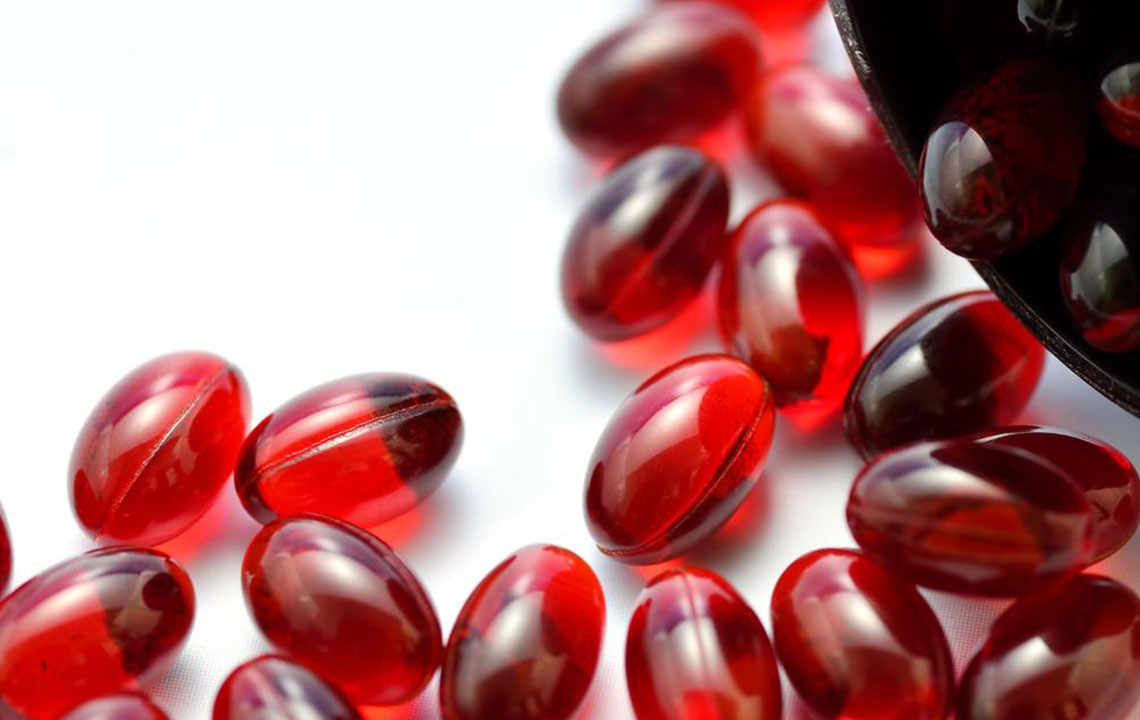Effective Strategies to Prevent Unpleasant Flatulence
Discover effective methods to prevent unpleasant flatulence and manage causes like diet, food sensitivities, and medication effects. Learn practical tips such as hydration, probiotic intake, and mindful eating habits to reduce foul-smelling gas and promote digestive health.

Flatulence, commonly known as passing gas, is a natural part of digestion where gas exits the body. While some flatulence is silent and odorless, certain situations lead to loud and foul-smelling emissions. Many consider foul-smelling gas normal, but specific foods and medications can exacerbate the odor. An unpleasant smell may also signal underlying digestive issues or infections. Understanding the causes of foul flatulence can help in managing or preventing it. Key factors include high-fiber diets, food sensitivities, and certain medicines, all of which influence gas production and odor.
Foods Rich in Fiber Consuming high-fiber foods can slow digestion and promote fermentation in the gut, resulting in stinky gas. To reduce smell, avoid vegetables like
Bok choy
Asparagus
Cabbage
Broccoli
Food Sensitivities If you're sensitive to specific foods, such as lactose, their ingestion can produce foul-smelling flatulence due to improper digestion. For instance, lactose intolerance prevents the breakdown of dairy sugars, leading to fermentation and odor.
Medicinal Effects Certain medications, especially antibiotics, may cause foul-smelling gas by disrupting the balance of beneficial gut bacteria, which are essential for healthy digestion. Lack of these bacteria can lead to odor issues.
Tips for Preventing Bad-Smelling Gas To reduce foul flatulence, consider these methods:
Drink plenty of water to facilitate waste elimination.
Avoid carbonated beverages like soda and beer that can increase gas buildup.
Eat smaller meals slowly to improve digestion and minimize gas formation.
Include probiotic foods like yogurt to restore healthy gut bacteria.
Limit foods known to cause strong odor in gas production.
Disclaimer: The information on this blog is meant for educational purposes and should not replace professional medical advice. While our research aims to provide accurate insights, readers should consult healthcare providers for personalized diagnosis and treatment. The site is not responsible for any inaccuracies or variations in data across platforms.










